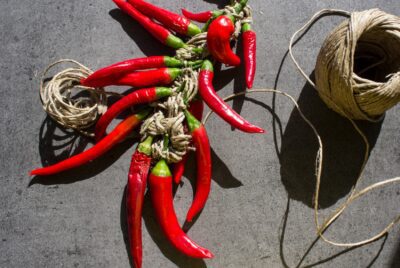RESEARCH
The Effect of Horticultural Therapy on Depressive Symptoms Among the Elderly: A Systematic Review and Meta-Analysis
Summary
This research paper investigates whether horticultural therapy (HT), which involves activities with plants, can help reduce depressive symptoms in older adults. The researchers conducted a thorough search of multiple databases for studies that compared HT interventions with non-HT interventions or alternative therapies for elderly participants. After carefully reviewing over 3,000 records, they selected 13 studies that met their criteria for a systematic review and meta-analysis. This process allowed them to combine the results of these individual studies to get a broader understanding of HT’s effectiveness.
The main finding of the meta-analysis is that elderly people who participated in horticultural therapy showed significantly lower average depression scores compared to those who did not. Furthermore, the study explored potential factors that might influence HT’s effectiveness.
They discovered that HT had a more significant positive impact on older adults aged 75 and above compared to those younger than 75, in randomized controlled trials compared to other types of studies, and in programs with more than 20 participants. The researchers conclude that the evidence supports horticultural therapy as a beneficial approach for reducing depressive symptoms in the elderly and suggest it could be included in depression reduction programs.







